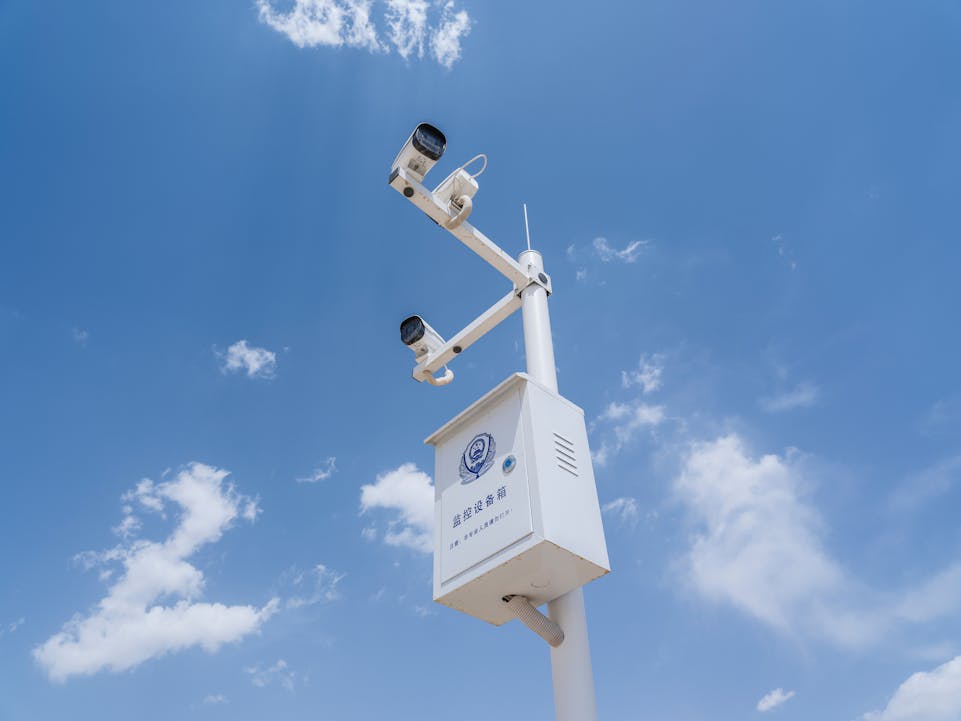Endpoint security solutions are critical components of cybersecurity strategies aimed at safeguarding devices, networks, and sensitive information from evolving cyber threats. This article explores the importance, components, benefits, and implementation of endpoint security solutions specifically tailored for individuals and organizations in India.
Importance of Endpoint Security Solutions
Endpoint security solutions protect individual devices, such as laptops, desktops, smartphones, and tablets, from cyber threats that target endpoints to gain unauthorized access, steal data, or disrupt operations. In India’s digital landscape, where remote work, online transactions, and digital interactions are increasingly prevalent, securing endpoints is essential to ensure data privacy, maintain compliance with regulations, and protect against financial losses due to cyber attacks.
Components of Endpoint Security Solutions

Antivirus and Anti-malware Protection:
- Purpose: Detects and removes malicious software (malware), viruses, spyware, and ransomware from endpoints.
- Real-time Scanning: Continuously monitors files, downloads, and attachments for potential threats.
- Benefits: Prevents malware infections, protects sensitive data, and minimizes the risk of system disruptions and data breaches.
Endpoint Detection and Response (EDR):
- Detection Capabilities: Monitors endpoint activities in real-time to detect suspicious behavior, anomalies, and advanced persistent threats (APTs).
- Response Actions: Provides automated responses or alerts to mitigate security incidents promptly.
- Benefits: Enhances threat visibility, speeds up incident response times, and strengthens overall endpoint security posture.
Firewall Protection:
- Network Filtering: Controls incoming and outgoing network traffic based on predetermined security rules.
- Application Control: Manages access permissions for applications to prevent unauthorized software installations and executions.
- Benefits: Blocks malicious network traffic, reduces exposure to vulnerabilities, and protects against unauthorized access attempts.
Device Control and Encryption:
- Access Controls: Limits device connectivity and data transfer permissions to authorized users and secure networks.
- Data Encryption: Encrypts sensitive data stored on endpoints to prevent unauthorized access or data theft in case of device loss or theft.
- Benefits: Secures data confidentiality, complies with data protection regulations, and mitigates risks associated with insider threats and physical device compromise.
Benefits of Endpoint Security Solutions

Comprehensive Protection: Guards against a wide range of cyber threats, including malware, phishing attacks, and ransomware, across all endpoints.
Data Privacy: Ensures confidentiality and integrity of sensitive information stored and processed on devices.
Regulatory Compliance: Helps organizations comply with data protection laws (e.g., GDPR, IT Act) and industry-specific regulations through effective endpoint security measures.
Operational Efficiency: Minimizes downtime, maintains productivity, and supports uninterrupted business operations by preventing security incidents and disruptions.
Implementing Endpoint Security Solutions in India

For organizations and individuals in India seeking to enhance endpoint security, consider the following implementation strategies:
Endpoint Assessment: Conduct a thorough assessment of existing endpoint security measures, vulnerabilities, and compliance requirements.
Deployment of Security Tools: Implement robust endpoint security solutions, including antivirus software, EDR systems, firewalls, and encryption technologies.
User Awareness and Training: Educate employees and stakeholders on endpoint security best practices, password hygiene, and recognizing phishing attempts.
Monitoring and Incident Response: Establish continuous monitoring capabilities, incident response protocols, and regular security audits to detect and mitigate threats promptly.
Regular Updates and Patch Management: Ensure timely updates, patches, and firmware upgrades for endpoint security software and operating systems to address known vulnerabilities and strengthen defenses.
Endpoint Security in India: Challenges and Opportunities

India faces challenges such as increasing cyber threats targeting endpoints, skills shortages in cyber security expertise, and the need for regulatory compliance. However, initiatives like the Digital India program and investments in cyber security infrastructure present opportunities for strengthening endpoint security resilience, fostering innovation, and enhancing digital trust nationwide.
Conclusion
In conclusion, endpoint security solutions are indispensable for protecting devices, data, and organizational assets against cyber threats in India’s digital era. By adopting robust endpoint security measures, organizations and individuals can mitigate risks, comply with regulatory requirements, and safeguard against evolving cyber threats effectively.
For businesses, government agencies, and individuals in India, prioritizing endpoint security readiness, implementing proactive security measures, and fostering a culture of cyber security awareness will be pivotal in maintaining data privacy, operational continuity, and trust in digital interactions.